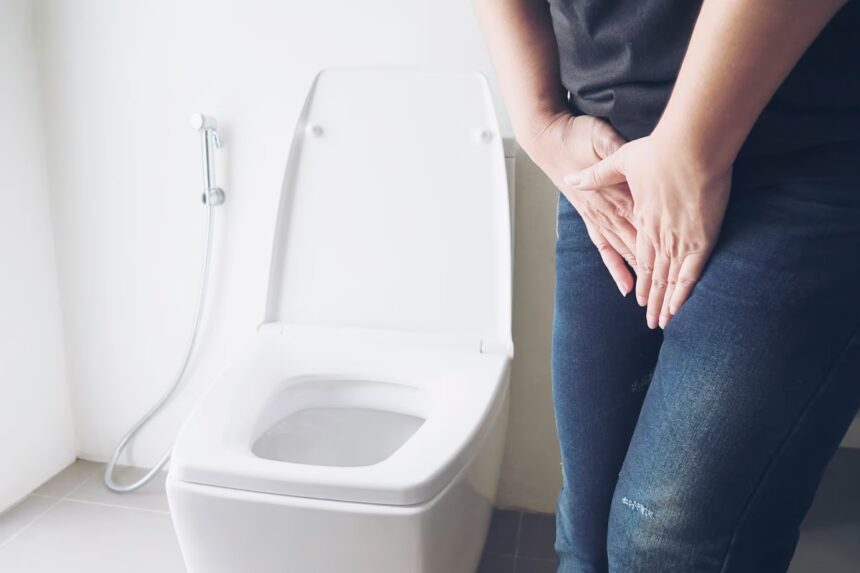Bladder cancer is a significant health concern in South Africa, affecting both men and women. It occurs when abnormal cells in the bladder grow uncontrollably, forming tumors. Early detection and timely treatment are crucial for successful outcomes, making it important to recognize the symptoms associated with bladder cancer. By being aware of these symptoms, individuals can seek medical attention promptly and increase their chances of receiving effective treatment. Here are some common signs and symptoms of bladder cancer to watch out for:
- Hematuria (Blood in Urine): The most common symptom of bladder cancer is hematuria, which refers to blood in the urine. The urine may appear pink, red, or darker than usual. In some cases, blood may not be visible to the naked eye and can only be detected through microscopic examination. If you notice any changes in the color of your urine or experience unexplained blood in your urine, it is essential to consult a healthcare professional.
- Frequent Urination: Bladder cancer can cause changes in urinary habits, including increased frequency of urination. You may feel the need to urinate more often than usual, even if your bladder is not full. This symptom can be accompanied by a sense of urgency or a feeling of incomplete emptying of the bladder.
- Pain or Discomfort: Bladder cancer may cause pain or discomfort during urination (dysuria). This can manifest as a burning sensation or a general discomfort in the pelvic area. In advanced stages, bladder cancer can also cause pain in the lower back or abdominal region.
- Urinary Tract Infections (UTIs): Recurrent urinary tract infections may be a sign of bladder cancer, especially if they are not responding to standard treatment. If you experience frequent UTIs or notice a persistent change in the characteristics of your urine, it is important to consult a healthcare professional for further evaluation.
- Pelvic Pain: Bladder cancer can cause pain in the pelvic area, including the lower abdomen or between the hip bones. This pain may be persistent or intermittent and can range from mild to severe. If you have unexplained pelvic pain that does not resolve with time or treatment, it is advisable to seek medical attention.
- Unintentional Weight Loss: Unexplained weight loss can be a symptom of various underlying health conditions, including bladder cancer. If you are experiencing significant weight loss without making any intentional changes to your diet or exercise routine, it is important to consult a healthcare professional for a proper evaluation.
- Fatigue and Weakness: Bladder cancer can cause fatigue and weakness due to the body’s response to the abnormal cell growth. If you feel excessively tired or weak, even after getting adequate rest, it is advisable to discuss your symptoms with a healthcare professional.
It is important to note that the presence of these symptoms does not necessarily indicate bladder cancer, as they can also be caused by other non-cancerous conditions. However, if you experience any of these symptoms persistently or if they worsen over time, it is crucial to seek medical attention for a thorough evaluation.
Early detection plays a vital role in the successful treatment of bladder cancer. If you notice any concerning symptoms or have any risk factors for bladder cancer, such as a history of smoking or exposure to certain chemicals, it is advisable to undergo regular check-ups and screenings. Discuss your concerns with a healthcare professional, who can provide appropriate guidance and recommend further diagnostic tests if necessary.
Remember, recognizing the symptoms of bladder cancer and seeking timely medical attention can significantly improve your chances of receiving effective treatment and achieving positive outcomes. Stay proactive about your health, and encourage others to do the same, by spreading awareness of bladder cancer symptoms and the importance of regular check-ups.










